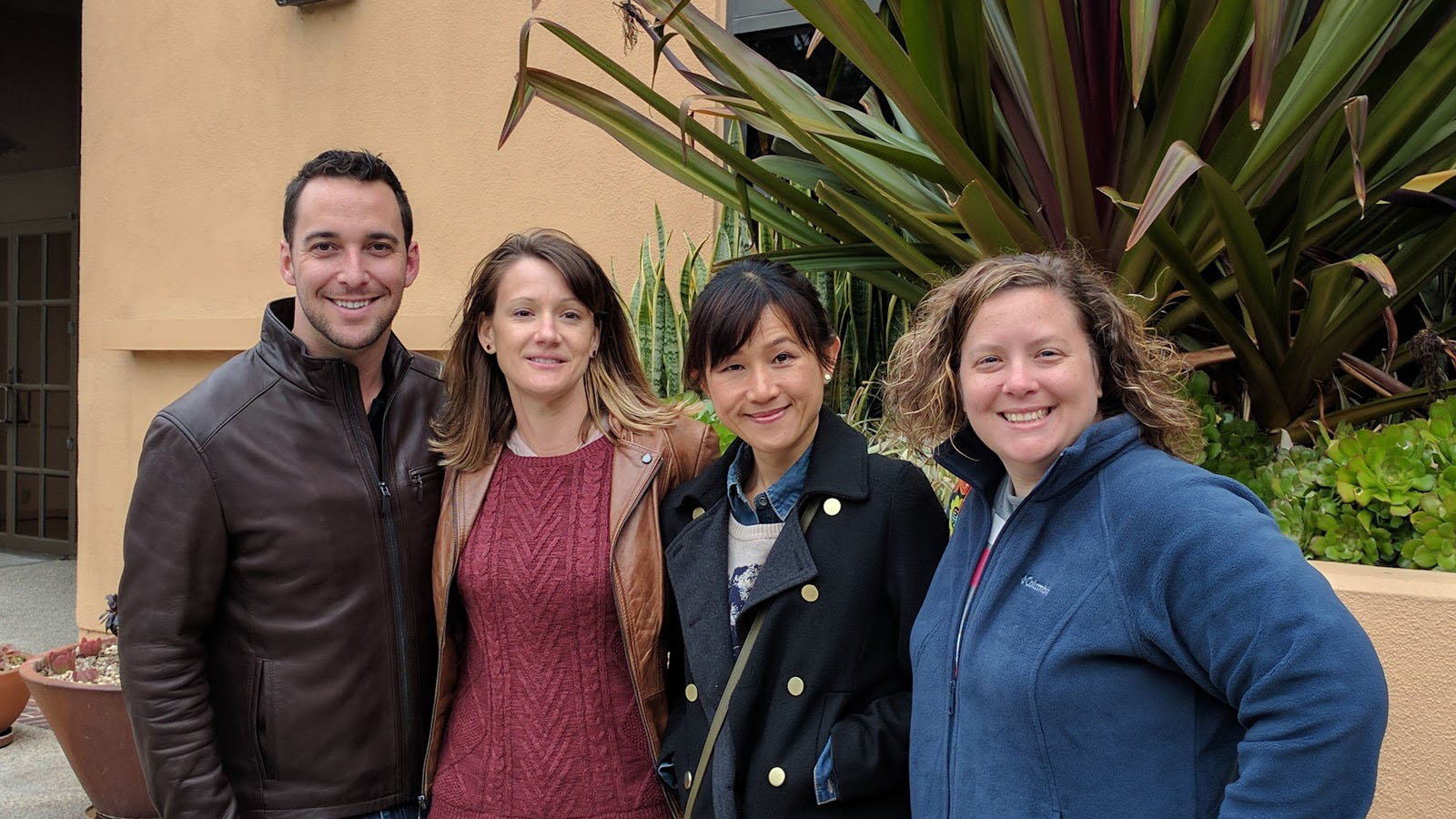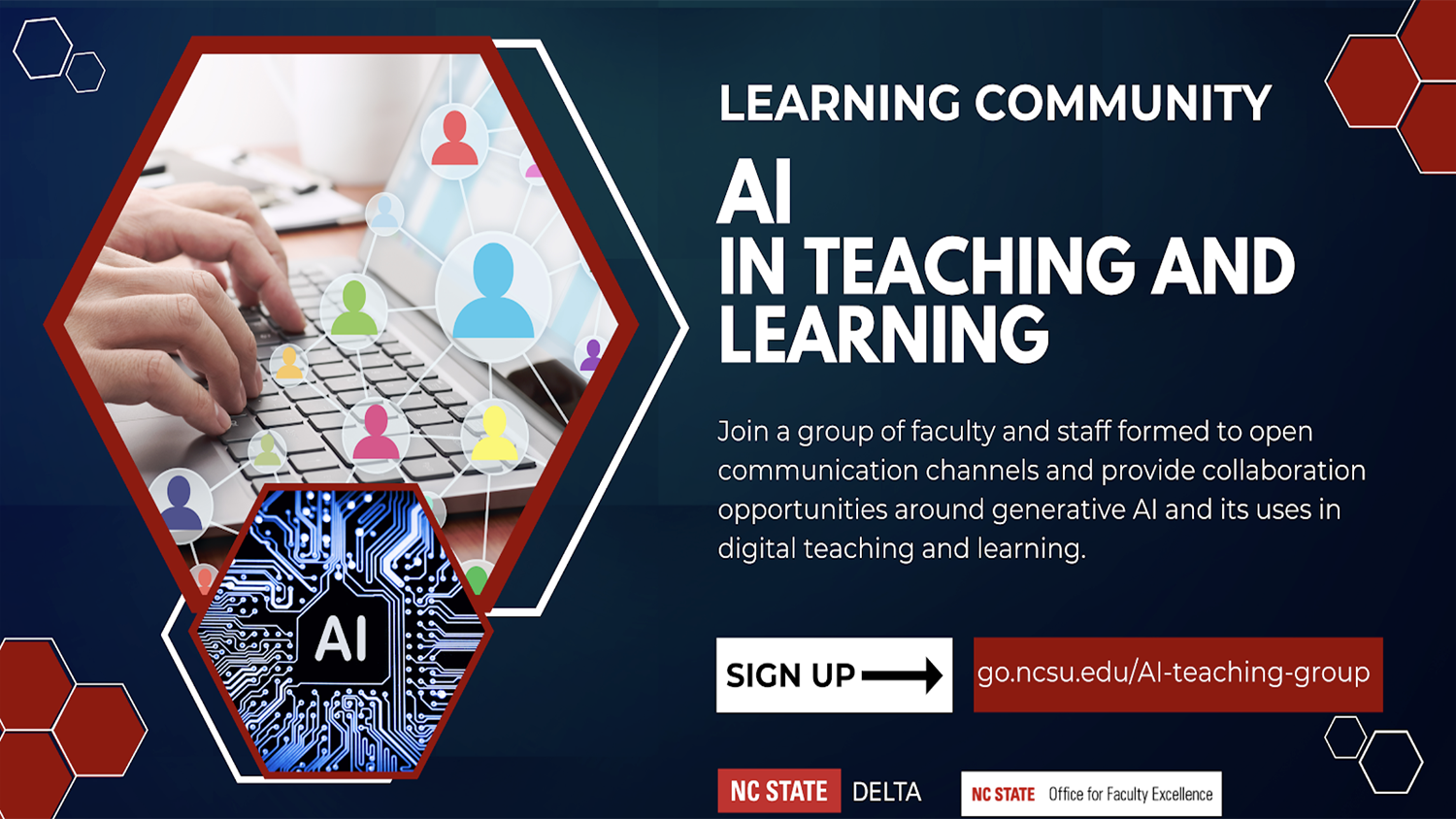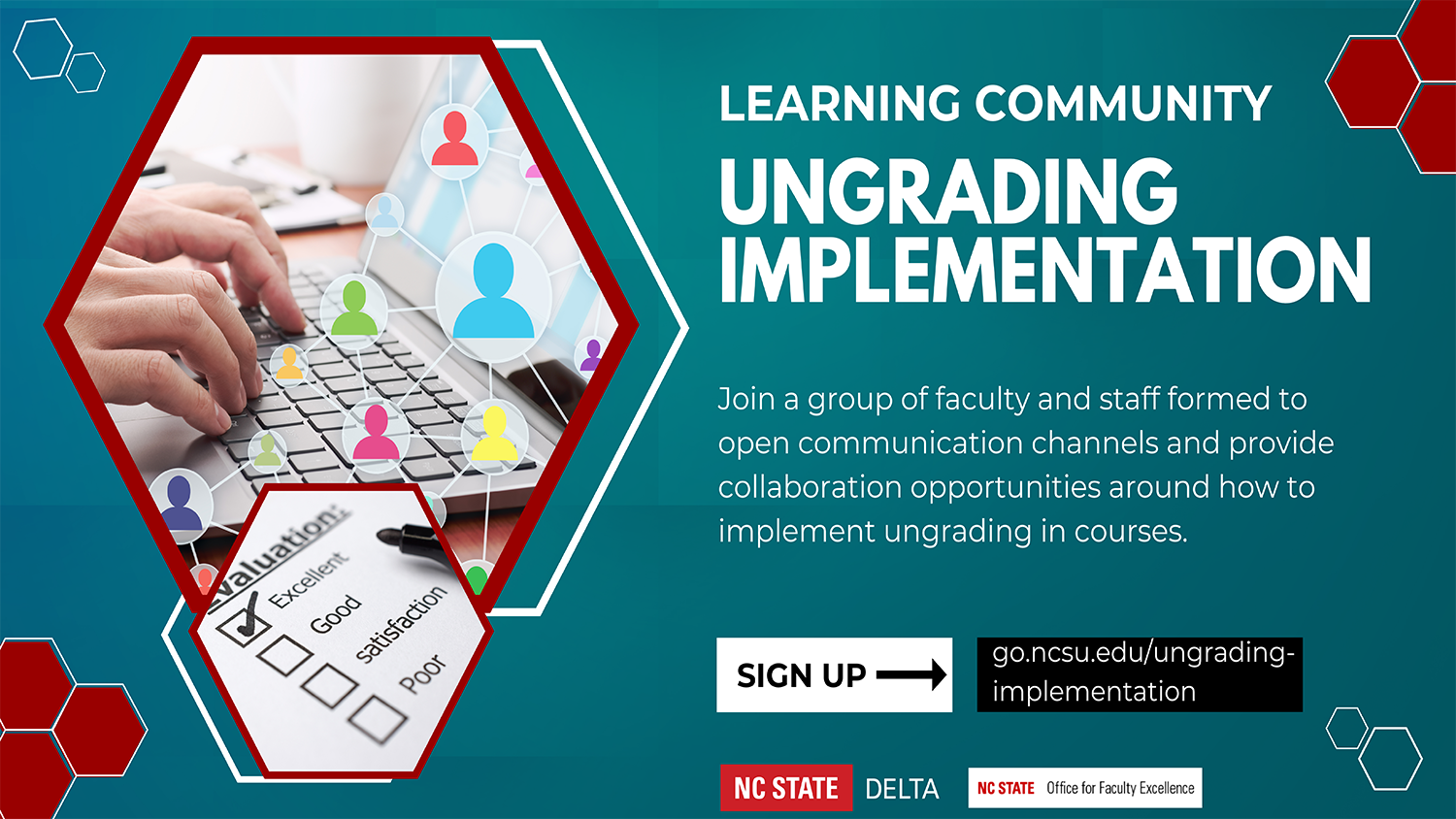2017 Lilly Conference Recap

From Feb. 22-26, 2017, DELTA’s Instructional Technology Training team attended the Lilly Conference in Anaheim, California. The Lilly Conference is a a faculty-centric conference, composed of faculty and administrators at various stages in their academic careers. Participants of Lilly are lifelong learners, and one of the core values emphasized is the responsibility of teachers to strive to continue to become better teachers. Some of the most informative sessions for the DELTA staff focused on student engagement and online course tactics.
One of the first topics discussed addressed teaching through presentation rather than PowerPoint. The session covered the importance of asking the right questions to engage with learners and to understand how to present material. Using entertainment as an educational tool was a key point made during the conference. The goal of technology is to enhance a learning opportunity for students, not to distract from the message. A large part of the conversation focused on unplugged or “acoustic” teaching — conversations and group discussions.
Another major takeaway was using student choice as a motivator for student engagement. The main point was not about covering all the material, but rather uncovering what is most important for the learning experience. In order to allow students to make decisions, knowing your students and being aware of what they find motivating is key. Motivating factors include emotion, senses and technology, especially in the form of social media. Creating a well-designed classroom is important to enable focus of students. Student focus leads to empowerment of students as they navigate their own decisions in learning.
During the Lilly Conference, online students provided advice and shared their experiences with online instructional educators. In order to enhance the online learning experience, suggestions included short videos that humanize the instructor and the use of small groups to moderate and contribute to discussion boards. Core ideas included quality of instructional design, internal factors of students and faculty interactions.
When students are focused on what is happening, you do not need to tell them when to pay attention or what is the most important parts of a lecture. Variety in questions keeps students engaged. Higher-end questions, such as comparison questions, are a great way for students to draw their own connections. Test questions can be used to mirror how instructors want their students to learn. Learners retain more from reading than from hearing; therefore, students should write down questions about content being presented. Ultimately the most important goal is to connect with students.
With online learning comes an assortment of teaching methods. From active learning, flipped or partially filled classrooms and completely online classes, there are a multitude of ways to teach a course. When deciding which classroom is right for specific students, there are several factors to consider. This decision should be made with student attitude, outside time commitments, quantity of work and teacher expectations in mind. Instructors should be aware of these factors and potentially ready to assist students in this decision. Another point to be aware of is the correct, effective layout of a course from the perspective of the instructor. Also consideration of technology availability, comfort and limitations in a classroom setting is important to acknowledge for both the instructors and the students.
Another interesting idea was to use Twitter as a teaching tool, which allows students to advocate for public policy. Students gave feedback that using social media helped them to be actively excited with their learning topic.
The session covering how to enhance metacognition, improve grit and grow a mindset for student success, provided notable interest. All of these tactics can be taught by an instructor and learned by students. The focus of metacognition, or thinking about thinking, grit or persistence and growing a mindset to believe in oneself, can be correlated with academic success.
Overall, the Lilly Conference successfully provided tools for instructors to better themselves and learn from one another. The takeaways included incorporating more acoustic lessons and less PowerPoint in presentations. Through student feedback instructors learned of the expectations and limitations created with online courses. The conference offered suggestions for designing interesting learning experiences through the use of social media and other group discussion tactics. The Lilly Conference gave insight into a multitude of learning strategies which our staff found particularly useful. As technology trainers, the DELTA staff felt their experience helped the staff to grow as educators and as individuals.


